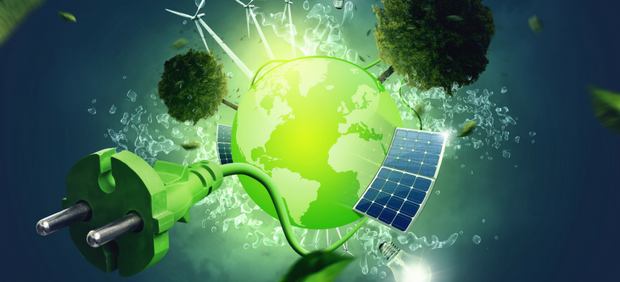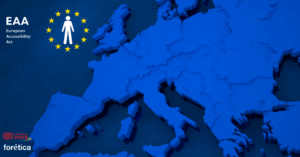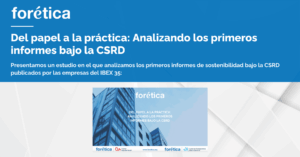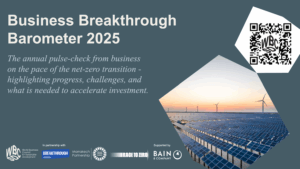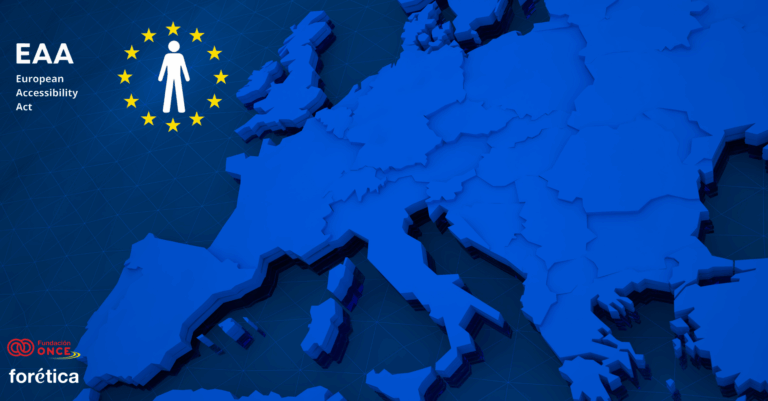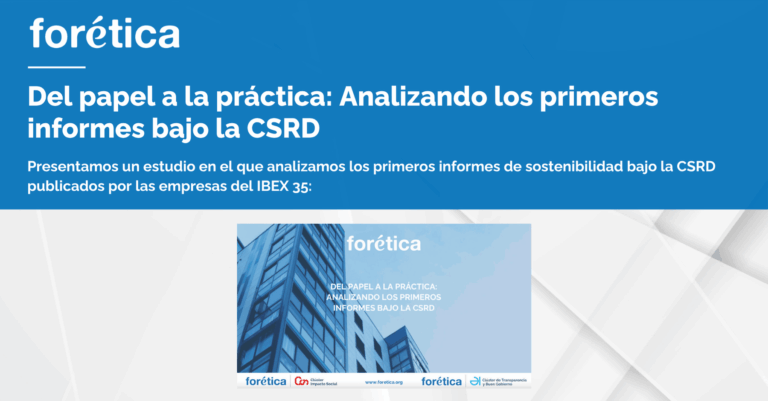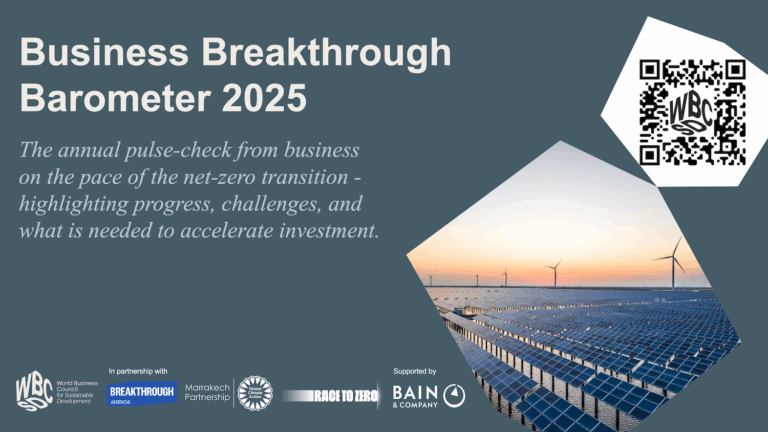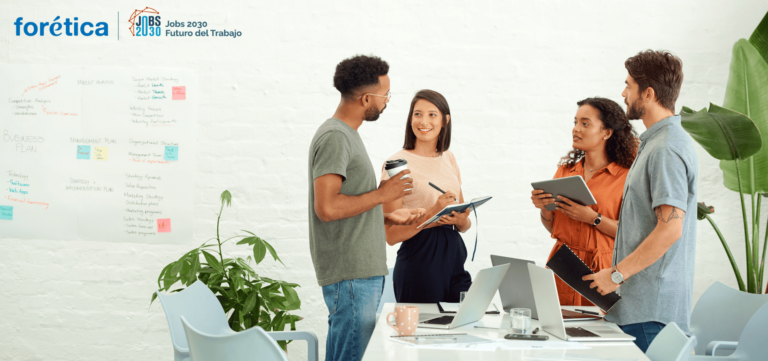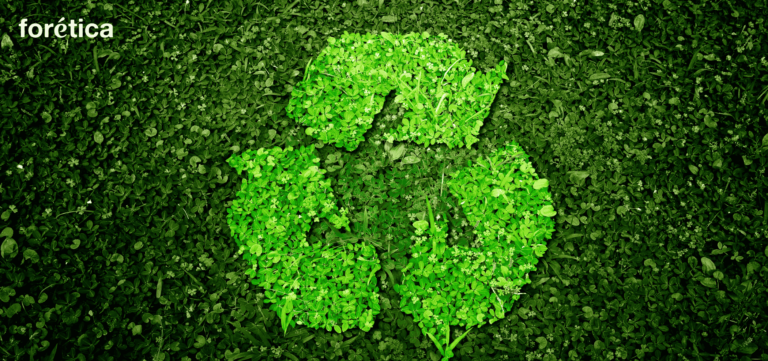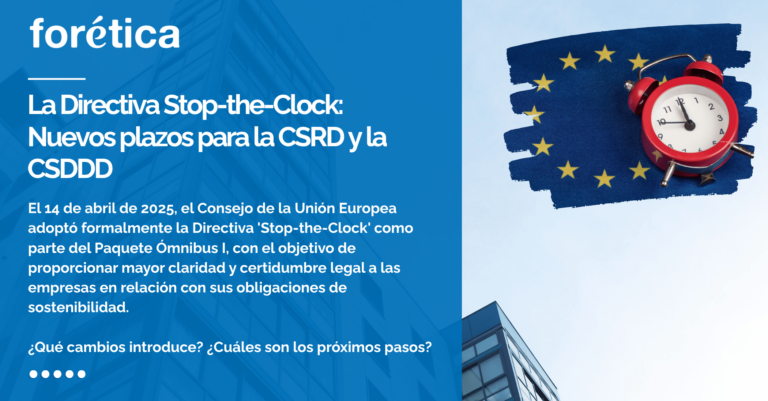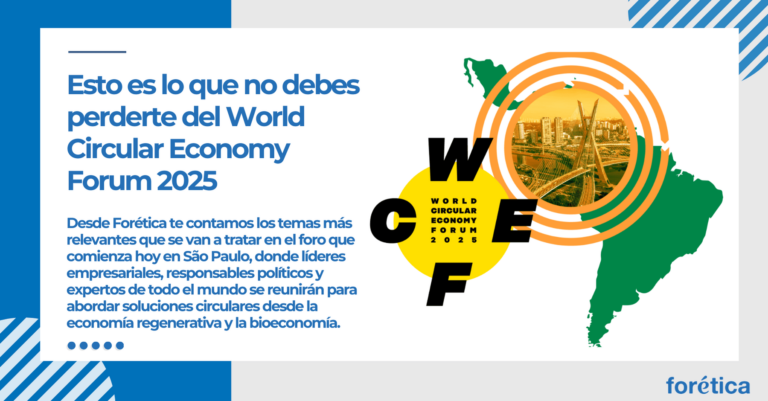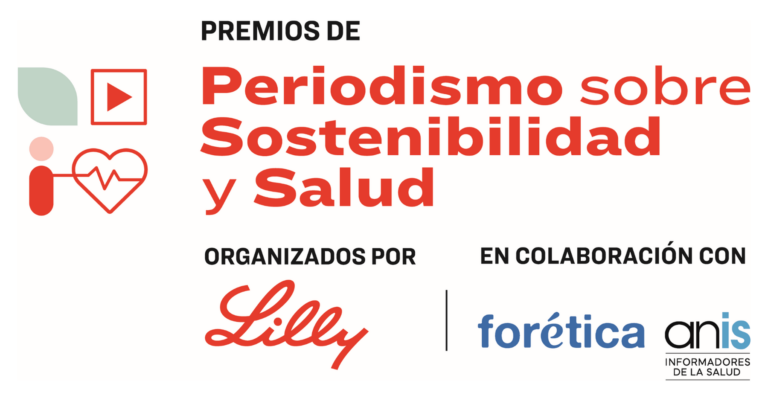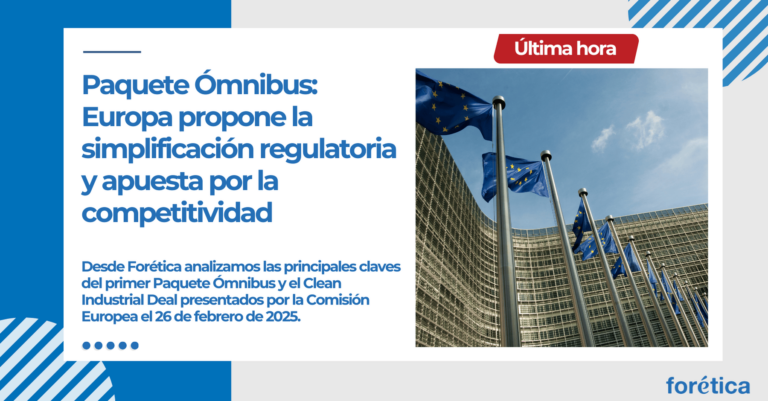No es necesario seguir justificando la necesidad de cambio del modelo económico actual. En un contexto en el que hemos multiplicado por tres la extracción de recursos desde 1960[1], con previsiones de que en 2050 seamos 9.500 millones de personas y, que de ellos, 3.000 millones pertenezcan a la clase media[2], es necesario avanzar conjuntamente para disminuir los riesgos que esto implica, los llamados riesgos de una economía lineal.
La escasez de recursos, los problemas de abastecimiento en la cadena de proveedores, el aumento del precio de las commodities, la generación incremental de residuos y el impacto ambiental asociado son algunos de los riesgos a los que nos enfrentamos si continuamos con el modelo de producción y consumo actual.
Desde que el pasado 2 de diciembre de 2015 la Comisión Europea lanzara su Plan “Cerrar el círculo: un plan de acción de la UE para la economía circular” para acompañar a empresas y consumidores en la transición a una economía más sólida y circular, no han cesado de surgir numerosas acciones desde el sector público y privado. Y es que los números que muestra la Comisión Europea avalan la oportunidad para las empresas que supone avanzar hacia este nuevo modelo económico: un incremento del 8% del volumen de negocio anual de las empresas de la Unión Europea, un ahorro neto anual de 600.000 millones de euros, un incremento del PIB europeo en un 1% y empuje a la innovación y desarrollo de nuevas tecnologías.
En casi dos años, se han materializado grandes avances en los cinco sectores prioritarios definidos en este Plan (Plásticos, desperdicio alimentario, materias primas críticas, construcción y demolición y bioeconomía) y las cuatro áreas de acción (producción, consumo, gestión de residuos y la conversión de los residuos a los recursos), que se resumen en el informe de avance del Plan presentado a principios de este año.
Desde Forética somos testigos del empuje del sector privado en nuestro país para avanzar en sintonía con los objetivos de Europa hacia este nuevo modelo. Esto ha motivado que este año se lanzara el Grupo de Acción de Economía Circular, al que se han sumado 9 grandes empresas: Ecoembes, Endesa, Gas Natural Fenosa, IKEA Ibérica, ING, LafargeHolcim, Nestlé, OHL y Unilever. Este grupo surge como punto de encuentro empresarial de liderazgo en España, que celebró su reunión de lanzamiento a principios de septiembre y que ya está preparando sus próximos hitos: generar conocimiento sobre el business case para cada sector, trabajar conjuntamente con los grupos de interés más importantes a nivel nacional y dar visibilidad a las acciones que ya están poniendo en marcha las empresas integrantes.
Este grupo no podría llegar en mejor momento, justo cuando España está elaborando su Estrategia de Economía Circular, que nace como una iniciativa conjunta del Ministerio de Agricultura y Pesca, Alimentación y Medio Ambiente (MAPAMA) y el Ministerio de Economía, Industria y Competitividad (MINECO), como elemento clave para favorecer el cambio hacia un modelo de desarrollo sostenible.
Y más allá de España y Europa, la transición también avanza de la mano de organizaciones globales de referencia como el World Business Council for Sustainable Development (WBCSD). Durante su encuentro anual, que este año tuvo lugar en Ciudad de México del 16 al 18 de octubre, al que Forética asistió, presentaron los avances del grupo de trabajo empresarial en economía circular, Factor10. Esta plataforma tiene por vocación convertirse en un espacio de conocimiento, desarrollar soluciones circulares que generen oportunidades para las empresas y amplificar su voz a nivel mundial.
Para ello, se han considerado tres áreas de trabajo: el desarrollo de métricas de implementación de economía circular, apoyo a las políticas públicas y análisis sectoriales, para las que están desarrollado herramientas como la Guía para CEO de la economía circular, la Guía para profesionales de la economía circular, la red de la economía circular (Market Place Hub) y la Guía para la implementación de soluciones circulares, que está en periodo de elaboración junto con Boston Consulting Group.
Y siguiendo con la visión global, me gustaría destacar la excelente oportunidad que supone para América Latina y Caribe (ALyC) la transición hacia un modelo de economía circular, desde el punto de vista empresarial y para la Región. Nuestro estancia en México también nos permitió conocer de primera mano las acciones que están llevando a cabo las empresas que operan en ALyC gracias al taller sobre economía circular celebrado en el contexto de CSR Innolabs, una iniciativa desarrollada por Forética y el Banco Interamericano de Desarrollo (BID), a través de su Oficina de Alianzas Estratégicas.
Favorecer los flujos “waste2energy” de utilización de residuos para la generación de energía, la reutilización de agua para minería y agricultura, iniciativas de reciclaje de PET, cartón y otros materiales favoreciendo el reciclaje inclusivo y la reutilización de lodos como fertilizantes y biocombustibles, entre otros, fueron algunas de las buenas prácticas que se compartieron.
Por otro lado, se destacó la oportunidad que supone la economía circular para la mejora de la productividad, la consecución de los Objetivos de Desarrollo Sostenible, para incentivar políticas públicas que promuevan la innovación empresarial y marcos regulatorios sobre recuperación de materiales y reciclaje, así como, para generar un impacto en la comunidad.
Este repaso global nos permite ser optimistas sobre el futuro de la transición y nos anima a seguir trabajando para conseguir aprovechar la primera oportunidad, desde la revolución industrial, de cambiar nuestro modelo de producción y consumo consiguiendo, además, crear un mundo más justo.
[1] Platform for Accelerating the Circular Economy (PACE), August 2017. World Economic Forum

